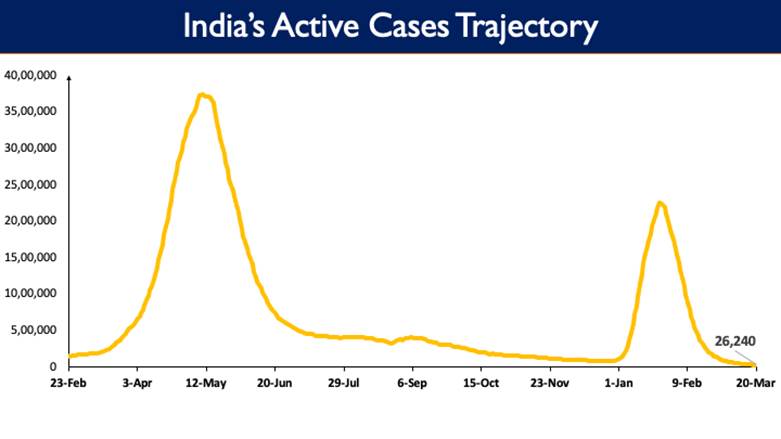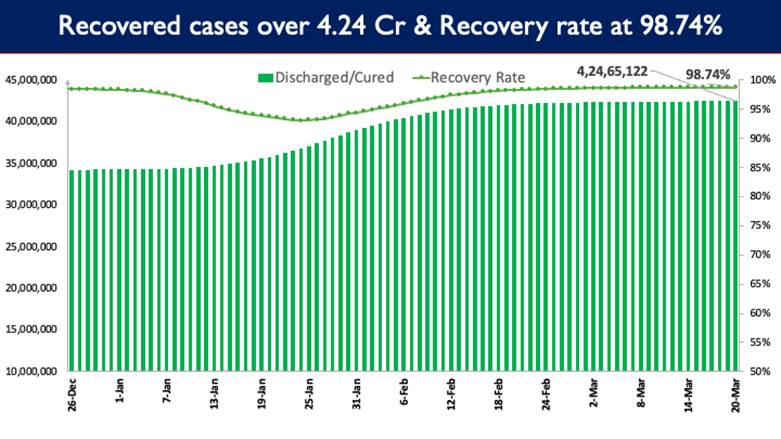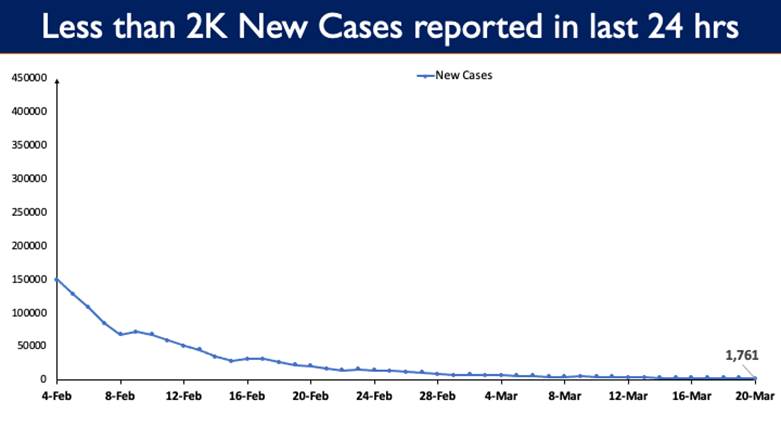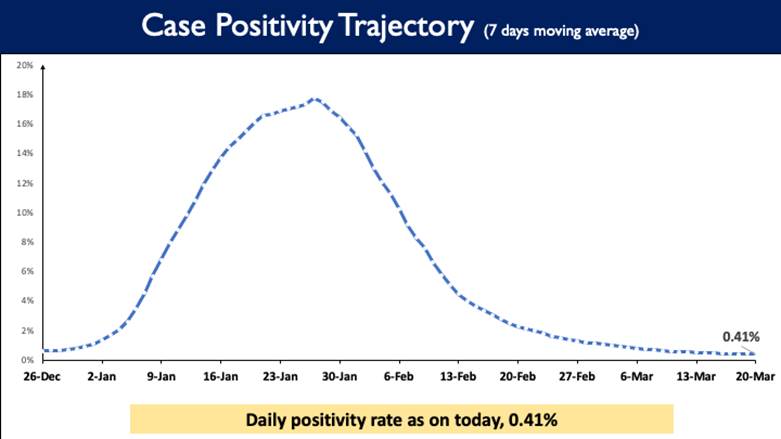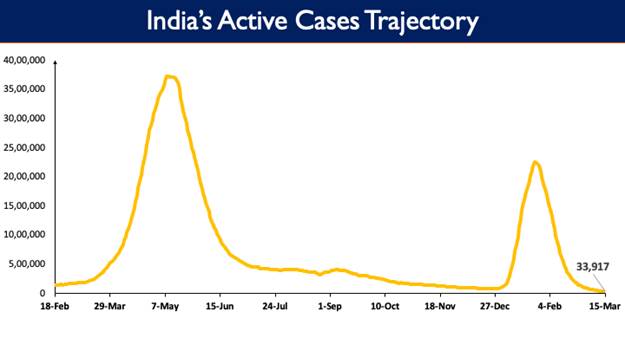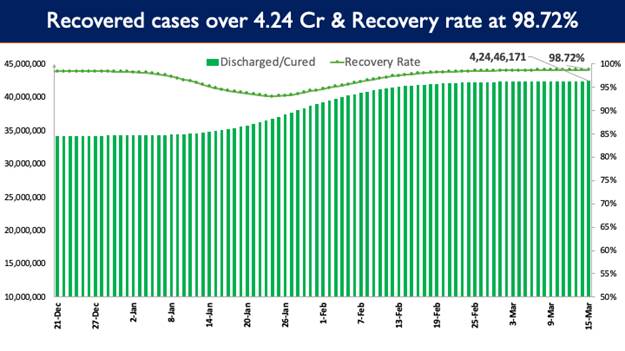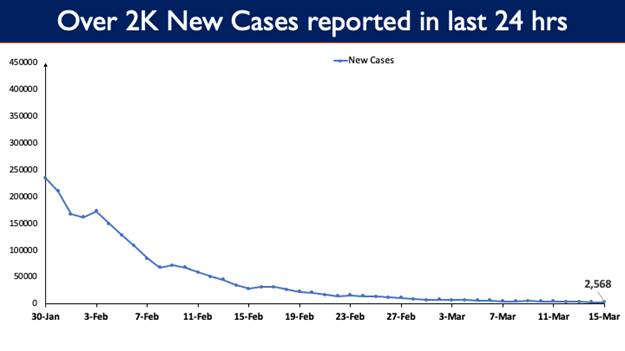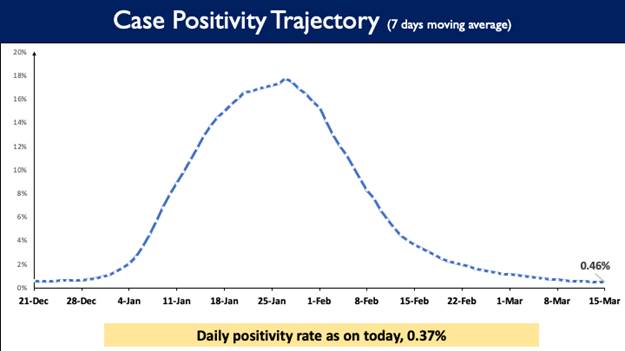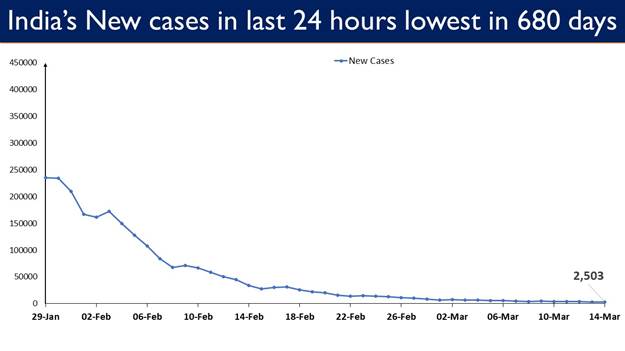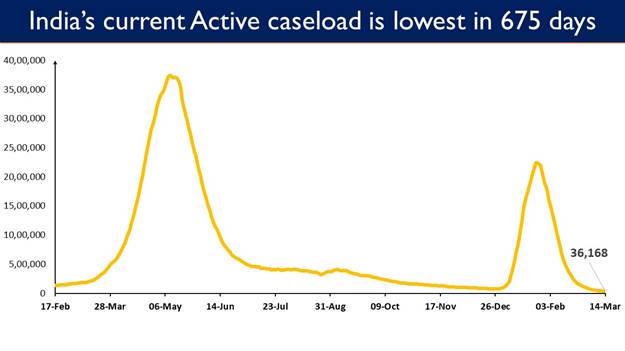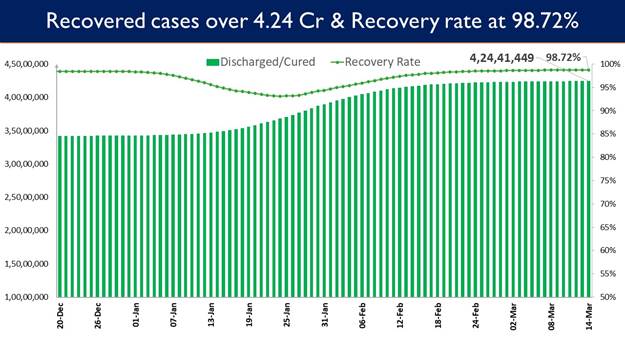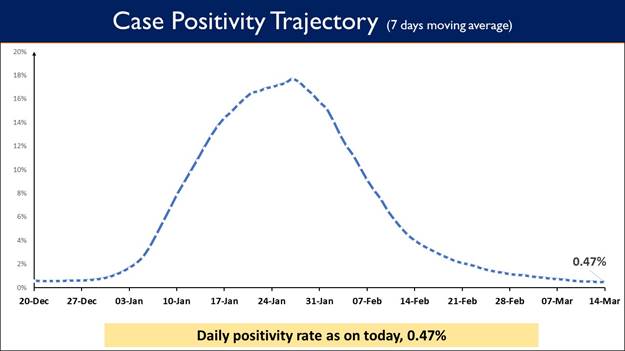● This partnership will guarantee the supply of TB vaccines in more than 70 countries, especially in Southeast Asia, and sub-Saharan Africa with a high TB incidence.
● MTBVAC is a global public-private project that will be a milestone in the field of vaccinology and in the approach to this highly communicable disease global epidemic with high morbidity and mortality.
● Phase 3 clinical trials are expected to start in the coming months.
● For BIOFABRI, the agreement is of strategic importance since it reaffirms its purpose of placing a globally accessible and affordable vaccine on the market in low- and middle-income countries.
Hyderabad, India / Porriño, Spain, March 16, 2022: Bharat Biotech, a global leader in vaccine innovation and developer of vaccines for infectious diseases today announced the partnership with BIOFABRI, a Spanish biopharmaceutical company, to join forces to develop, manufacture and market a new tuberculosis vaccine in more than 70 countries in Southeast Asia and sub-Saharan Africa.
Biofabri is a biopharmaceutical company of Zendal group based in Porriño, Spain, with the aim of researching, developing and manufacturing vaccines for humans.
The vaccine is being manufactured and developed by BIOFABRI, in close collaboration with the University of Zaragoza, IAVI and the Tuberculosis Vaccine Initiative (TBVI). MTBVAC has been designed and discovered by Carlos Martín team of the University of Zaragoza.
This agreement between Bharat Biotech and Biofabri would guarantee the worldwide production and the supply of the future vaccine in more than 70 countries with a high TB incidence, such as India which has the highest TB burden in the world, with a 25% of all cases.
MTBVAC is one of the most promising vaccine candidates in the current global
TB vaccine pipeline. The only currently available TB vaccine, the Bacillus Calmette-Guérin vaccine (BCG), was developed 100 years ago and has limited efficacy in preventing pulmonary TB in adults, who, along with adolescents, are the biggest spreaders of the disease.
“TB infects more than 20% of the global population and is the second leading cause of deaths from infectious disease after COVID-19. TB is a highly contagious disease where vaccines are the best solution to prevent disease, reduce transmission and combat multi drug resistant strains. We are proud to announce this partnership with BioFabri, where MTBVAC can become a global TB vaccine. Bharat Biotech has opted for this vaccine candidate owing to its advanced stage of clinical development as well as the extremely promising results from Phase 1 and Phase 2 clinical trials." said Dr. Krishna Ella, Chairman and Managing Director Bharat Biotech.
“For us, this agreement is a milestone in the MTBVAC project. From day one, our goal has been to make a vaccine accessible to everyone at affordable prices in middle- and low-income countries where the incidence of tuberculosis is high. The contract signed with Bharat Biotech ensures that our vaccine reaches countries such as India, Indonesia, the Philippines, Pakistan and South Africa, among others, where tuberculosis is a public health problem due to its high incidence”, said Esteban Rodríguez, Biofabri CEO.
“We have a good hope that a new vaccine TB vaccine is in the horizon. At the University of Zaragoza, we been working in the search of a new TB vaccine since 1998 and since 2008 in close partnership with Biofabri. Accelerating efficacy studies for TB vaccines that have shown better protection than BCG in different preclinical models and to be immunogenic and safe in humans, as is the case of MTBVAC, is possible as it has been done for Covid vaccines. The experience of Bharat will be a great help reinforcing collaboration with TBVI and IAVI. We are ready, as soon that we can demonstrate that MTBVAC protects against pulmonary forms of TB, the sooner we can begin to save live and to have huge impact in TB pandemic, including multidrug resist forms of TB” explained Professor Carlos Martín, is principal investigator of TB Vaccine project of University of Zaragoza, Spain.
Multidrug-resistant TB and COVID-19
TB has been the leading cause of death from infectious diseases in the world, with an average annual death toll of 1.4 million people, 10% of whom are minors.
The appearance of COVID-19 put the brakes on years of progress in the response to this disease, costing additional lives and increasing the global urgency of the epidemic. The Stop TB Partnership estimates that an additional 1.4 million TB deaths will occur over the next four years due to the halt in developments stemming from COVID-19.
Drug-resistant / multidrug-resistant TB (DR / MDR TB) is becoming a growing problem due treatment of DR/MDR TB is arduous, expensive and not always successful. A vaccine that prevents TB disease would be a big step to tackle the DR/MDR TB problem.
A vaccine against tuberculosis is more necessary than ever and, thanks to the different agreements promoted by Zendal Group through the biopharmaceutical company BIOFABRI, it is possible to speed it up.
A global public-private project with a global reach
MTBVAC is the only live attenuated vaccine against Mycobacterium tuberculosis in development. It is currently being developed for two purposes: as a more effective and potentially longer-lasting vaccine than BCG for new-borns and, on the other hand, for the prevention of TB disease in adults and adolescents, for whom there is currently no effective vaccine. MTBVAC will start phase 3 clinical trials in Senegal, South Africa and Madagascar in the second half of 2022.
